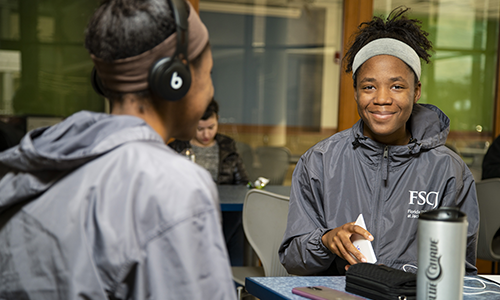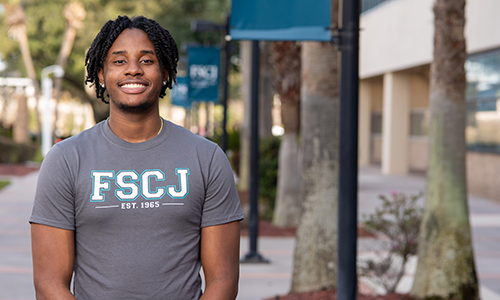
FSCJ is here to help you with your transfer needs. Choose a pathway below to get started.

Bachelor's degree at FSCJ
For students seeking to earn their Bachelor's (four-year) degree at FSCJ.
Learn More
Associate degree for Univerity Transfer
For students seeking to earn an Associate (two-year) degree at FSCJ and then transfer to a university.
Learn More
Transfer into FSCJ
For students who started college at another institution and want to finish their degree at FSCJ.
Learn MoreCampus Enrollment Services Hours of Operation
(in-person and virtual)
M-Th: 8:00 a.m. - 5:30 p.m.
Fri: 9:00 a.m. -11:30 a.m.
